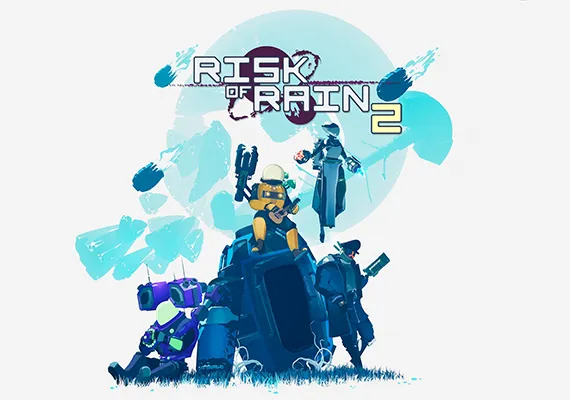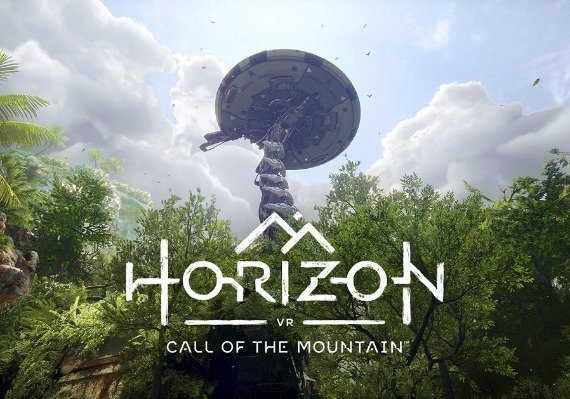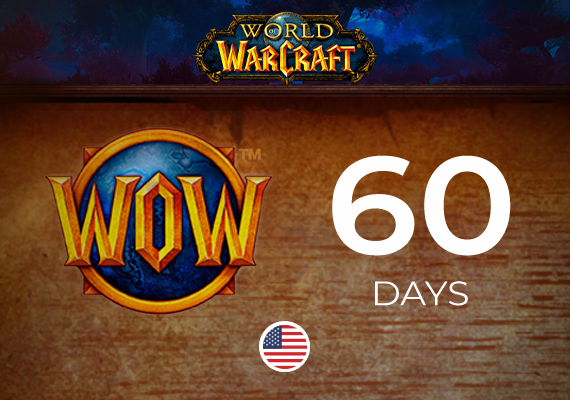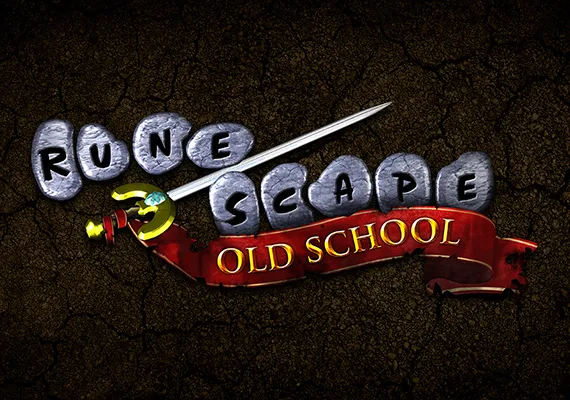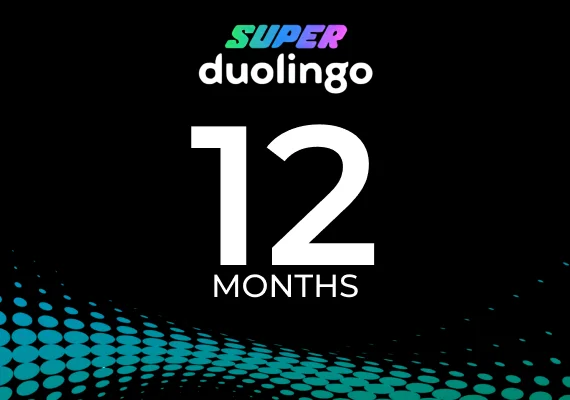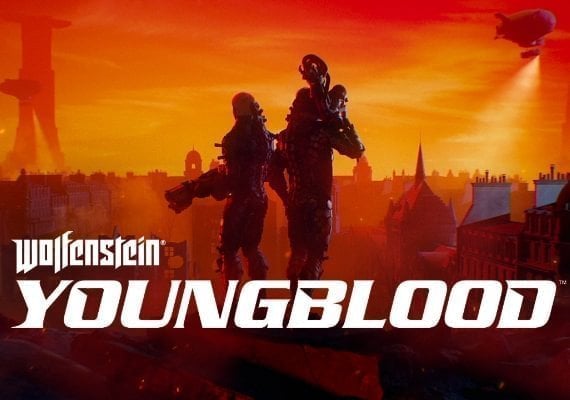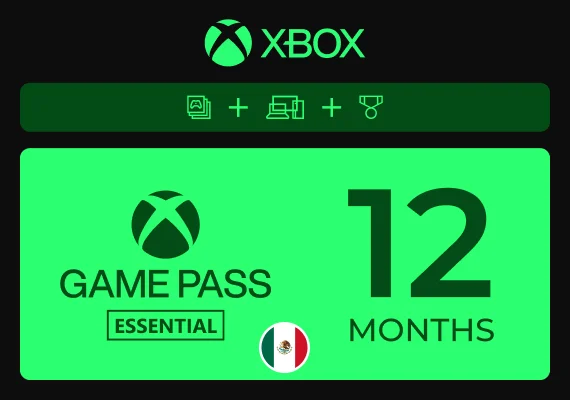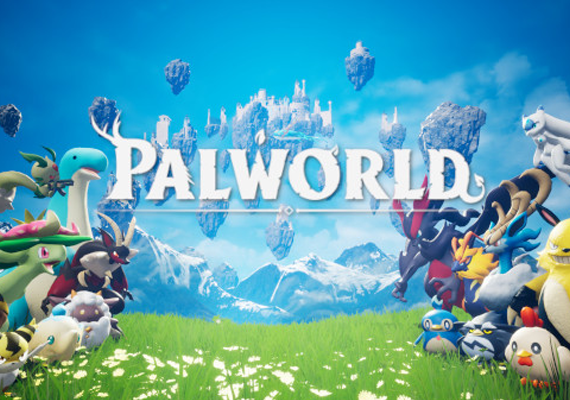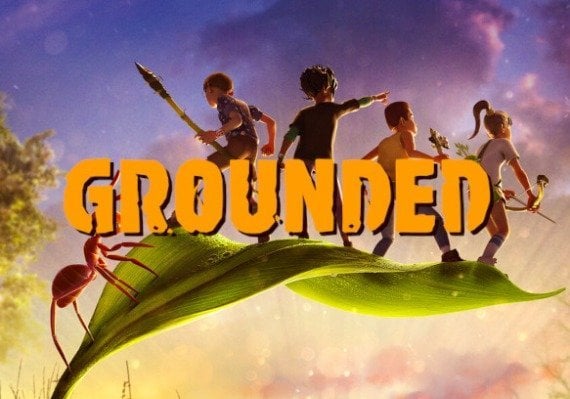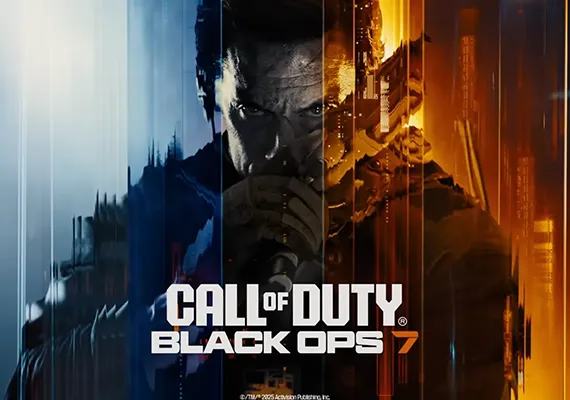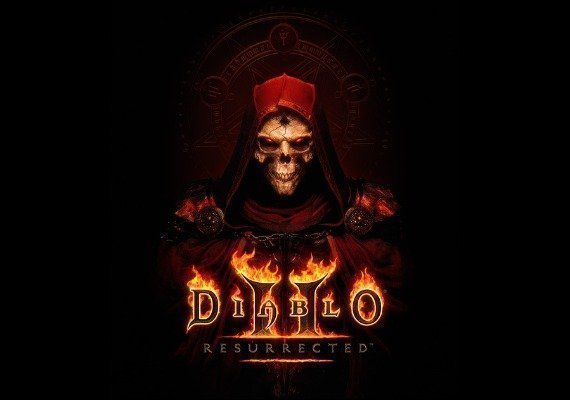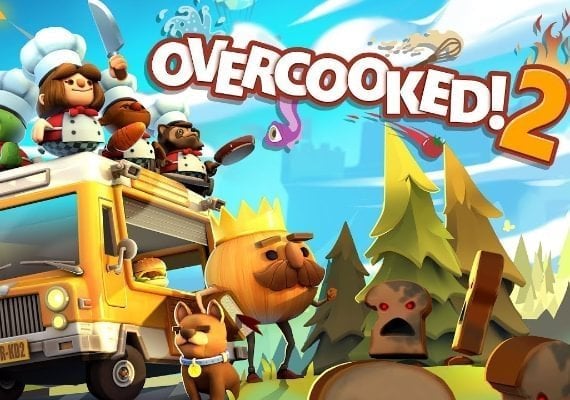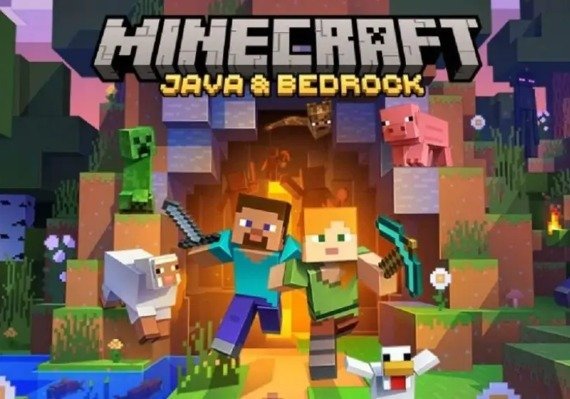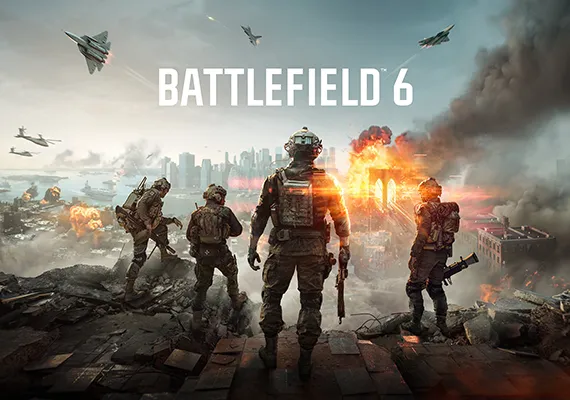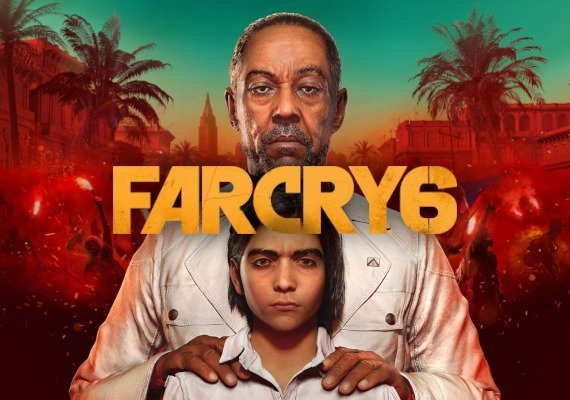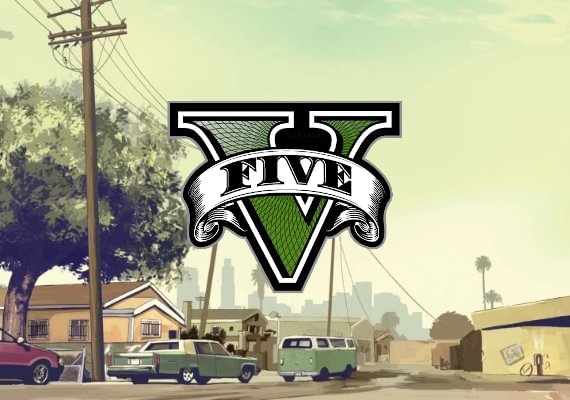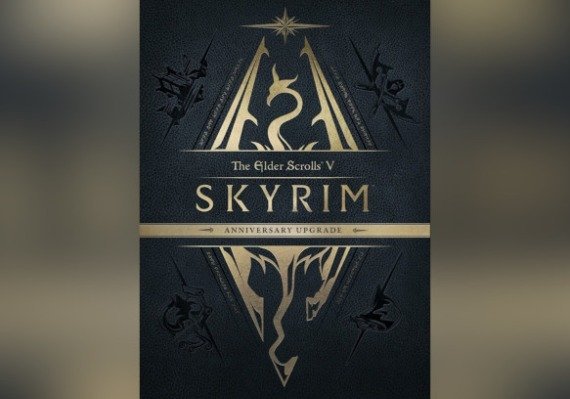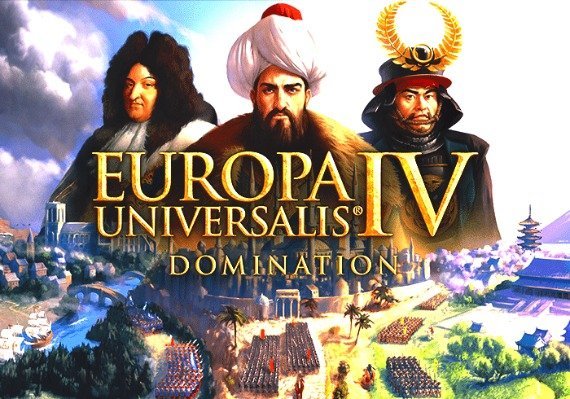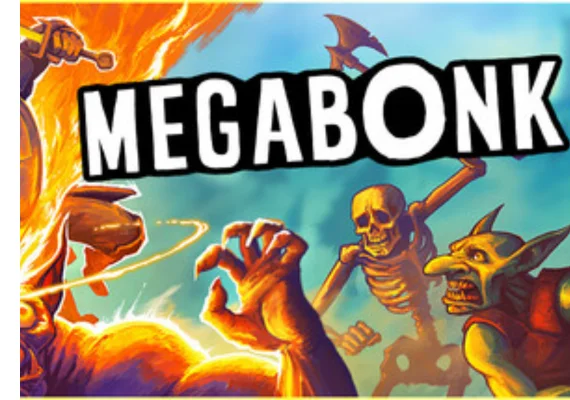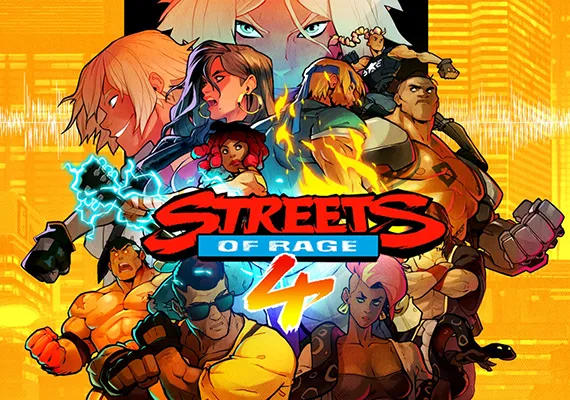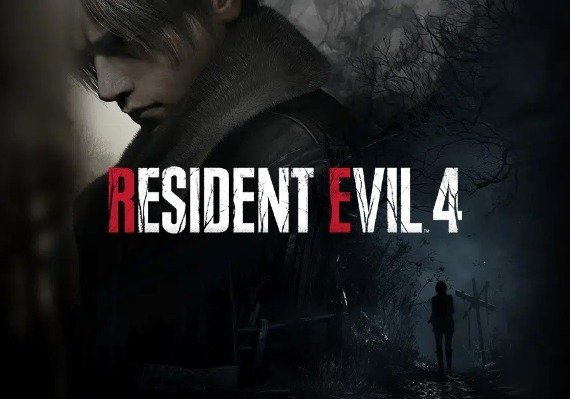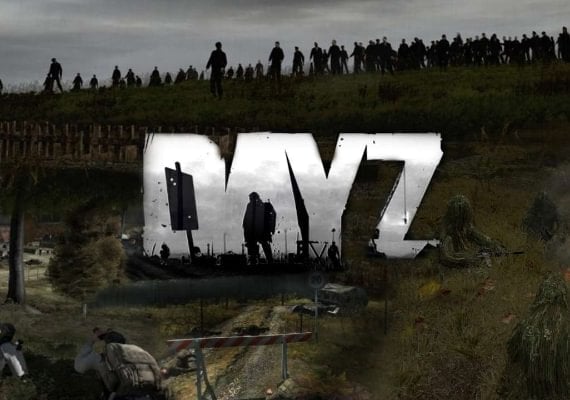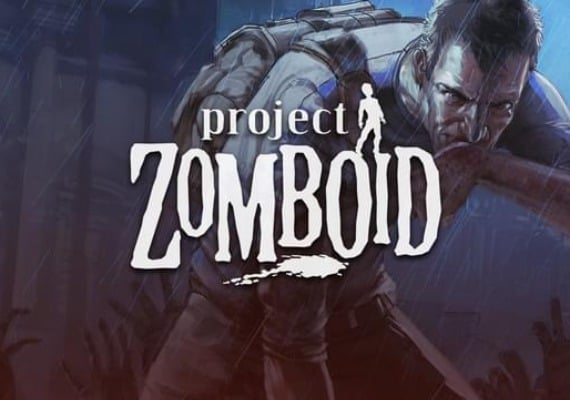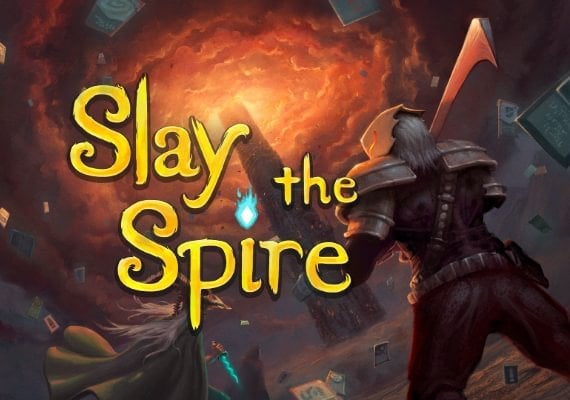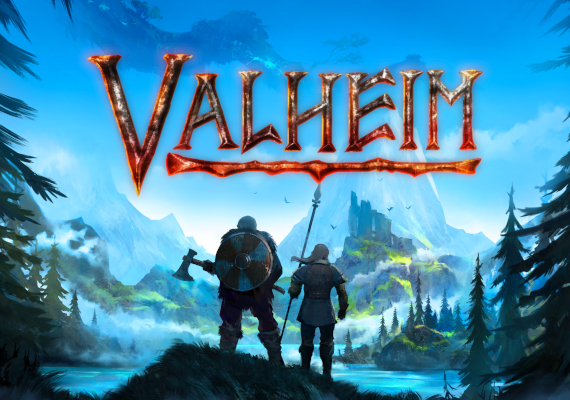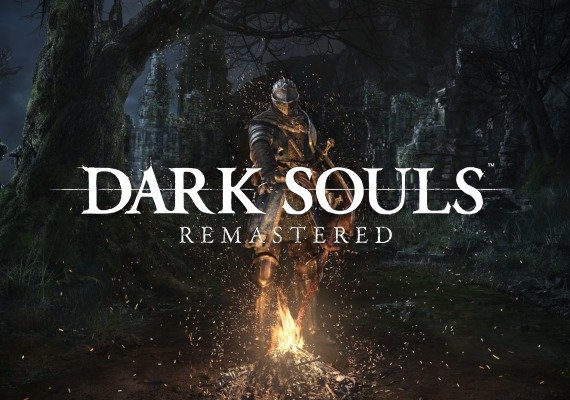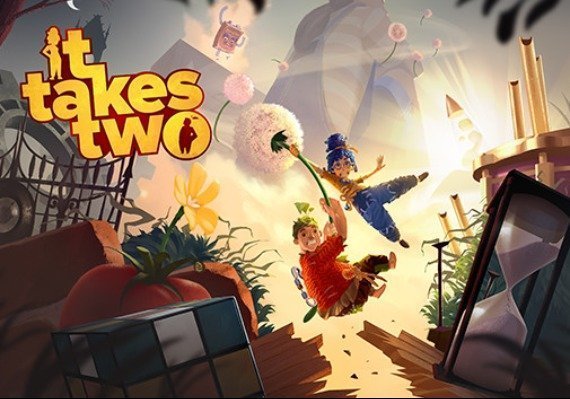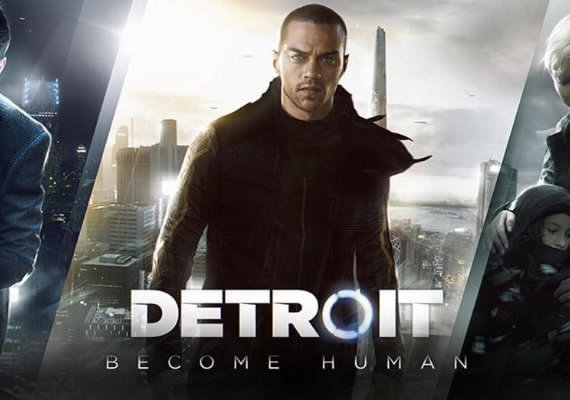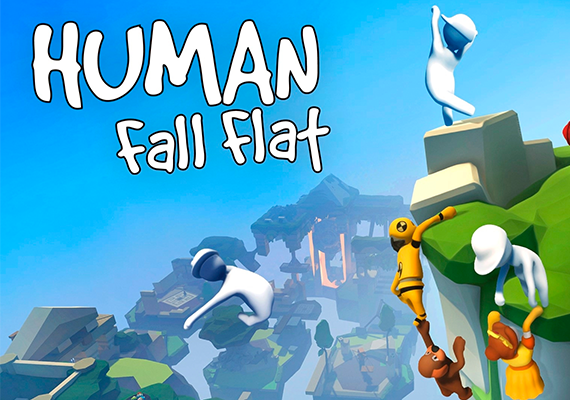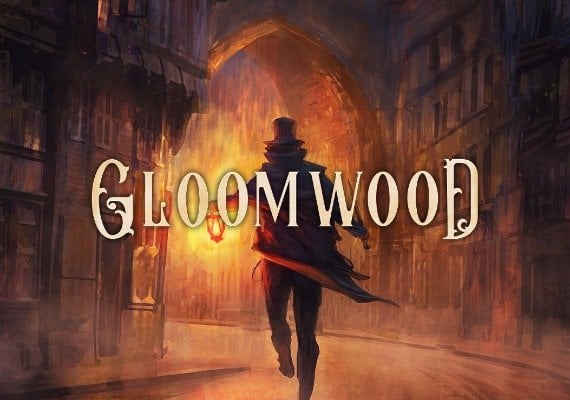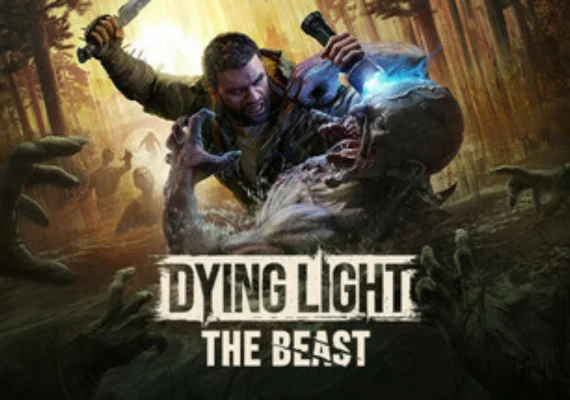Why Gamers Love Surviving in Destroyed Worlds
.webp)
Bestsellers
The Thrill of Survival: Facing Hostile Worlds and Limited Resources
Post-apocalyptic games challenge players with survival mechanics that demand both strategy and adaptability. In Dying Light: Definitive Edition, players must make every choice count as they face relentless zombie threats in a devastated city. 7 Days to Die takes it a step further by blending survival horror with open-world exploration, giving players only limited resources to fend off waves of enemies and build protective shelters.
Then
there’s Frostpunk 2, where survival depends on managing a freezing city
on the brink of collapse. This sequel introduces new political
dynamics, with a council that can impact the outcome of each decision.
Balancing the needs of various factions within the city—while preparing
for relentless cold—adds depth to the survival aspect, making every
decision a matter of life and death. These games make victory hard-won,
creating an addictive loop of risk and reward that draws players back
for more.
.webp)
Moral Dilemmas in a World Without Rules
The absence of law and order lets players explore moral choices
that few other genres do. Fallout 4 presents players with ethical
questions, asking whether they should align with powerful factions or
prioritize the needs of the vulnerable. In The Walking Dead: The Telltale Definitive Series, players make choices that can drastically
alter the story, impacting not only their character’s fate but also the
lives of companions and communities they encounter.
Fallout: New Vegas is another standout, offering branching storylines that allow
players to form alliances and make morally gray choices that impact the
world in far-reaching ways. The chance to navigate these gray areas
invites players to explore aspects of morality in a way that goes beyond
conventional heroism. Metro Exodus, though linear in its narrative,
immerses players in a harsh Russian wilderness where trust and survival
often conflict, forcing them to make gut-wrenching decisions that feel
both personal and impactful.
.webp)
Exploring Intricate Worlds with Stories Hidden in the Ruins
The appeal of post-apocalyptic games lies as much in their environments as in their mechanics. Fallout 76, for instance, brings players into a richly detailed world full of abandoned towns and facilities, where every building and artifact hints at a pre-apocalypse life. Players are encouraged to explore and piece together these stories, adding layers of intrigue and discovery.
In Days Gone , the rugged, open-world landscapes are as much a character as the protagonist himself, giving players a sense of a journey through an America ravaged by disaster. With its unique emphasis on biker culture and survival,
Days Gone
sets itself apart by making travel and exploration a core part of the experience.
Pacific Drive pushes the boundaries further, trapping players in a supernatural world where every drive through a haunted zone brings them closer to uncovering the mysteries that led to its desolation. Meanwhile, Remnant: From the Ashes offers a blend of dark fantasy and post-apocalyptic themes, drawing players into a dangerous yet rewarding world that keeps them coming back for more exploration and challenges.
.webp)
The Enduring Appeal of Destroyed Worlds
The post-apocalyptic genre captivates players by offering intense survival challenges, compelling moral dilemmas, and worlds that beg to be explored. Whether it’s rebuilding society in Frostpunk games, navigating personal choices in The Walking Dead, or facing relentless threats in Dying Light 2: Stay Human, players find satisfaction in testing their will against the odds and making difficult decisions. These games aren’t just escapes—they’re journeys into resilience and discovery, where each decision and each exploration leads to a deeper appreciation for the stories that ruined worlds have to tell.
As more post-apocalyptic titles emerge, it’s clear that gamers will continue to be drawn to these unforgiving landscapes, where survival is a test of endurance, resourcefulness, and even morality. In these destroyed worlds, the struggle to live another day becomes its own kind of victory, resonating with the primal thrill of enduring in a world stripped of safety and certainty.




